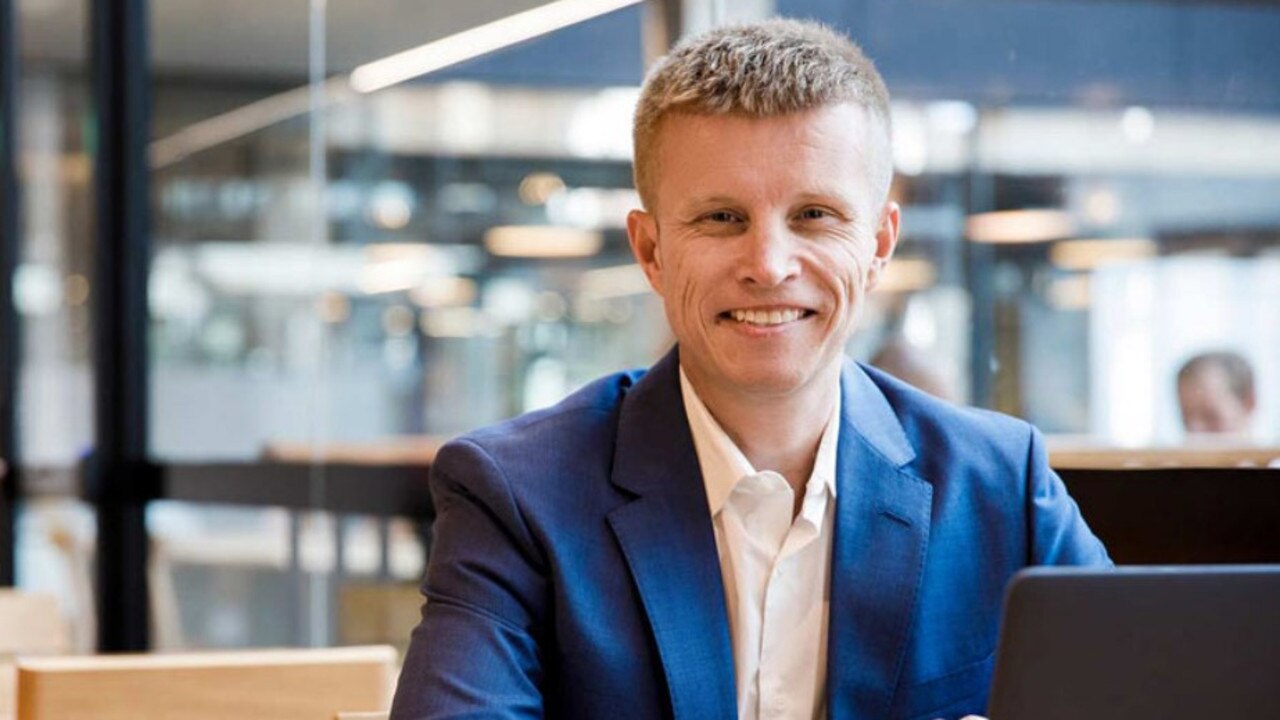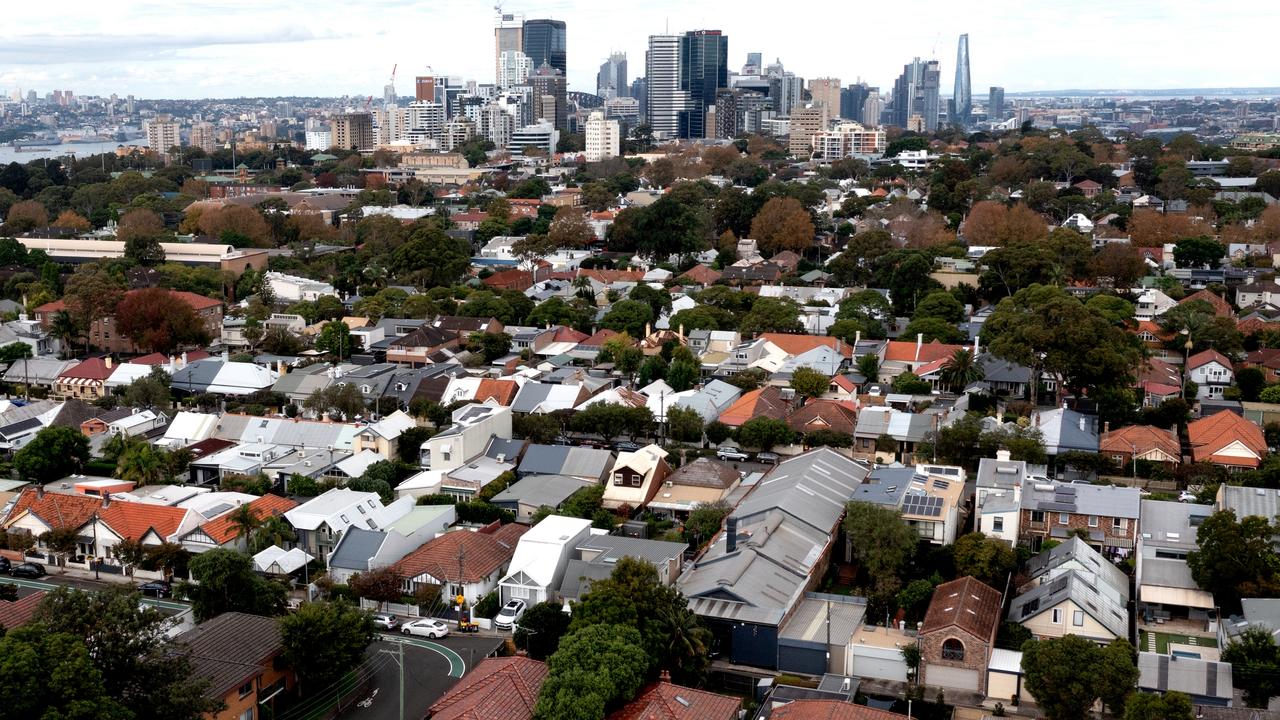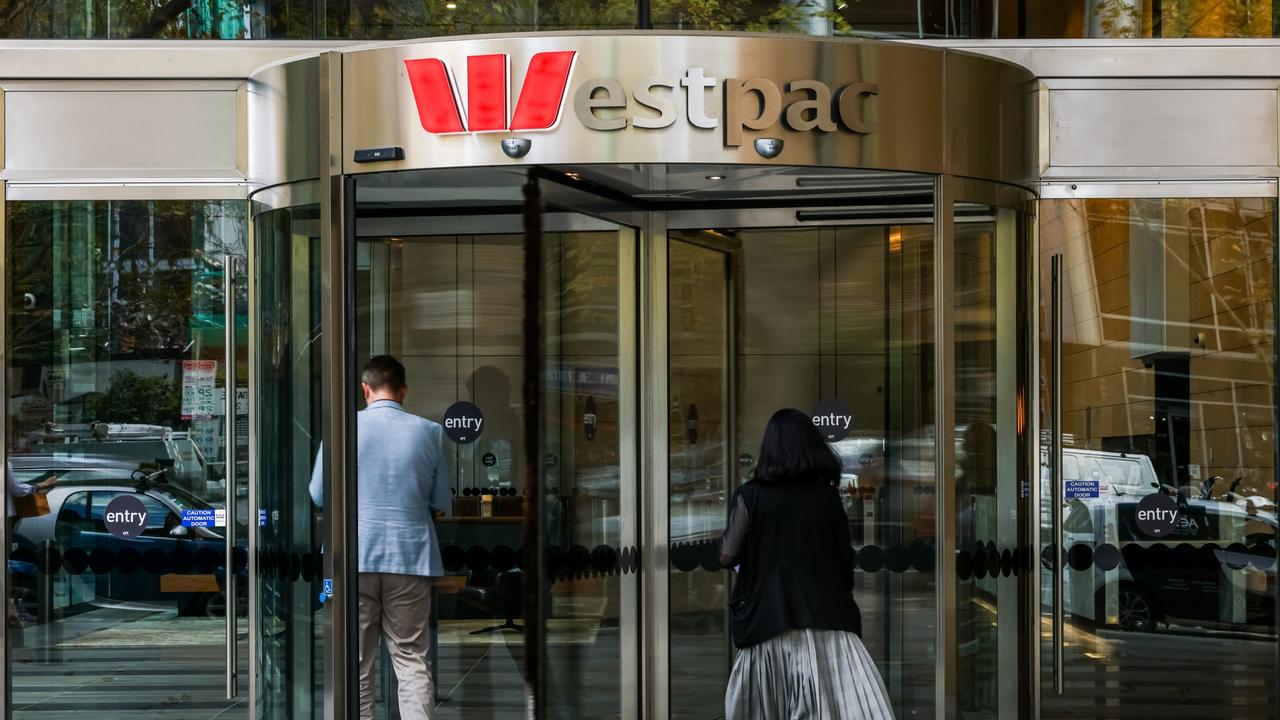How much you need to save amid interest rate hikes, soaring inflation
A Sydney real estate expert tells Aussies to really look at where their money is going and cut spending amid rate hikes and soaring inflation.
The average Australian will need to save an extra $300 to $400 a month amid interest rate hikes and soaring inflation, a real estate expert warns.
Lloyd Edge, founder and director of Aus Property Professionals, said most people would need to “tighten their belts” over the coming months when it comes to spending.
“People need to factor in that they are probably going to need to find another $300 to $400 from somewhere,” he said.
“What I would strongly recommend is that people have a budget and really look at where their money is going.”
Mr Edge’s advice was to look at smalls costs that add up, like subscriptions and takeaway food and drink.

He explained that when people are given a loan, the bank already ensures the person can afford higher interest rates.
Therefore, he believed a lot of people needed to look at their spending habits.
“Banks generally have the assessment rate at three per cent above what they’re actually lending,” he said.
“So if you have a rate from the bank that is three per cent for example, the banks are actually assessing you on if you can make the payments back to six per cent.
“It basically means as long as you haven’t lied on your application forms or anything like that, the banks are assessing that you can actually pay higher interest rates.
“The banks have a buffer built in.”

Interest rates
On Tuesday, the Reserve Bank of Australia announced the official cash rate would rise a whopping 50 basis points to 0.85 per cent – the largest hike in a generation.
The major banks passed on the full hike within days.
According to Rate City, the average borrower with a $500,000 debt and 25 years remaining would have their repayments rise by $133 a month. That would be a rise of $197 from April, before the first cash rate rise in June.
Someone with $1 million owing would have their mortgage repayments rise by $265 a month. In total, their repayments would have risen by $394 since April.
“While the rise in monthly repayments this month is relatively moderate, homeowners need to ready themselves for sizeable hikes in the months to come,” Rate City research director Sally Tindall said.
“These rate hikes aren’t going to magically cure Australia’s inflation woes. The RBA will need to hike again, potentially as early as next month and from there they could continue to come thick and fast to get inflation under control.
“(RBA) Governor (Philip) Lowe has indicated the neutral cash rate could be around 2.5 per cent.
“If we get there by Christmas next year, the average borrower with a $500,000 debt could see their repayments rise by $652.”
Some experts predict the interest rate could rise to 2.5 per cent much sooner.
Ms Tindall said just because rates were on the rise, it didn’t mean it was bad time to refinance.
“If you live in the home you own with a steady job and a good track record of paying down your debt, you should still be in the drivers’ seat when it comes to rates, if you’re prepared to refinance or at least haggle with your current lender,” she said.

Mr Edge shared the same view.
“Your bank will be passing on the full interest rate rise but that doesn’t mean you just need to accept it. You can go to the bank and see if you can negotiate,” he said.
“Even if it just goes down a couple of basis points, that’s better than nothing.”
Mr Edge recommended using a mortgage broker.
“You don’t have to stay with the same bank,” he said.
“Mortgage brokers tend to have access to 30 to 40 lenders and find the best lenders for the client’s situation, which is much easier than you going to every bank individually and trying to talk to them about the interest rates.”
‘Not all doom and gloom’
Mr Edge wants people to know that it is not all doom and gloom, but understands it would be a shock to new buyers who borrowed with historically low interest rates in the last couple of years.
More Coverage
He also pointed out the “problem” that Reserve Bank of Australia previously claimed that interest rates would not rise until at least 2024.
“When I first started investing I was paying 9 per cent and back in the early 90s it was 18 per cent interest rates so I think where we are at the moment is still nothing to be concerned about,” he said.
“It will probably calm the market down a little bit and there might be some options for people to get into the market and perhaps find a deal because buyers are tending to hold off a bit at the moment.”




